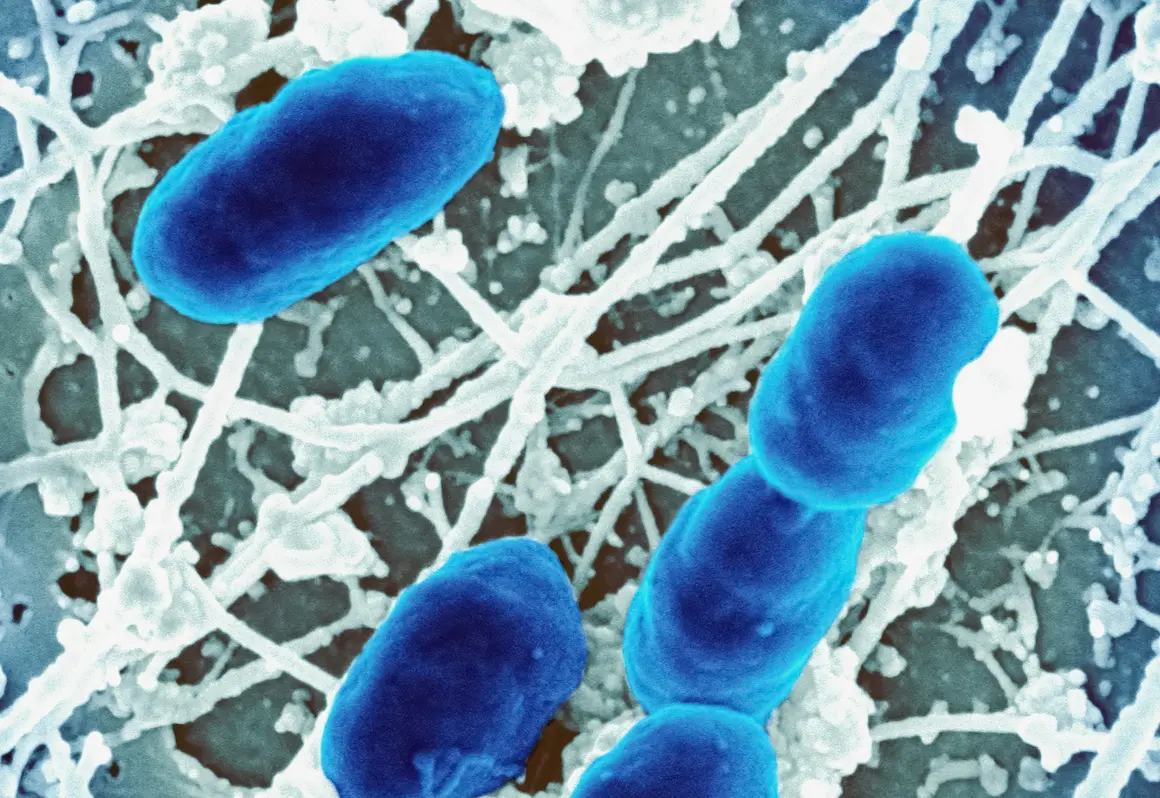5 Ways to Improve Your Gut Flora - While Boosting Your Mental Health
Discover how gut flora can actually affect your mental health and why the connection is becoming increasingly clear in modern science.

Introduction
Our body is an interconnected system — and the gut is not solely responsible for digestion.
Research shows that it affects the brain via the so-called “gut-brain axis.”
The topic is becoming increasingly important in health and lifestyle as new studies point out that gut flora may play a role in how we feel, how we deal with stress and how we recover. This makes this topic relevant for those who want to take a holistic view of your well-being.
What is the gut flora and why does it matter for mental health?
The intestinal flora consists of billions of microorganisms that live in our intestines and participate in many bodily functions.
But it also has a communication with the brain through nerves, hormones and neurotransmitters.
This communication is often called gut-brain axis or the gut-brain-axis.
The gut-brain axis: a two-way communication
The gut and brain send signals back and forth. The intestinal nervous system (enteric nervous system) and nerve pathways such as the vagus nerve act as parts of this pathway.
When the gut microbiome is in balance, communication works smoothly. When balance is disturbed, signaling can be affected — which can be reflected in how we feel, react and think.
Neurotransmitters and microbiome
The intestinal flora influences the production of important substances found in both the intestine and brain, such as certain neurotransmitters.
Gut bacteria produce or affect substances such as GABA, serotonin and short-chain fatty acids (SCFAs) that can cross barriers and affect brain functions.
By understanding this, one begins to see the gut flora as a potential co-player for mental balance, not just physical health.
How everyday habits affect gut flora and thus potential mental health
Our daily habits - diet, sleep, stress, activity - affect the intestinal environment.
This means that the same habits that support the body in general can also benefit the gut-brain axis.
The importance of the diet - fiber, variety and fermented
A varied diet high in fiber, vegetables, legumes and fermented foods supports a rich intestinal flora.
Fibers act as “food” for the good bacteria, which can lead to increased diversity in the gut flora, and research shows that higher microbial diversity often correlates with better mental balance.
Stress and gut - the relationship between load and microbiome
Chronic stress affects the environment of the intestine and the integrity of the intestinal barrier.
Stress hormones can alter the intestinal activity and composition of microorganisms, which in turn can lead to increased inflammation activity and affect the brain.
Dealing with everyday stress can therefore indirectly support gut health and thus mental balance.
Sleep and gut health
Sleep deprivation or disturbed sleep affects the body's rhythms -- and these rhythms also affect the gut microbiome.
If intestinal flora and body are not allowed to rest properly, an environment can be created in which the signaling between gut and brain becomes less optimal. Therefore, investing in good sleep quality is an important part of overall health.

What does the research show about gut flora and mental health?
Numerous scientific reviews show that the relationship between gut flora and mental health is real, but also complex.
Here are some key insights.
Diversity in the microbiome linked to better mental balance
Studies have shown that greater variation in gut microbes is often associated with more stable mood and better ability to cope with stress.
A balanced flora is thus often an advantage for the internal communication between the body and the brain.
Inflammation and the gut-brain-immune axis
Research shows that disturbances in the balance of the intestine (dysbiosis) can lead to increased intestinal permeability and activation of the immune system.
This can affect neuroinflammation and brain functions.
An active gut-brain-immune axis shows how the immune system acts between the gut and brain and can affect mental state.
New findings in adults - from animal studies to humans
Although much of the research started in animal models, more studies with human participants have shown similar patterns - where gut flora and lifestyle factors influence mood, anxiety and recovery.
However, the researchers emphasize that more large-scale studies are needed.
Practical strategies to support intestinal flora and mental balance
How do you translate knowledge into everyday life?
Here are concrete tips based on science and a holistic approach.
1. Increase intake of fermented and fiber-rich foods
Bet on foods such as yogurt with live bacteria, sauerkraut, kimchi as well as vary vegetables, legumes and whole grain products.
This supports the diversity of the microbiome.
2. Prioritize recovery - sleep, rest, stress management
Give the body time to recover.
Regular sleep, time for rest, and stress management strategies (meditation, walking, breathing exercises) support both the gut and the brain.
3. Be physically active - even moderate exercise helps
Exercise has been shown to affect blood flow, intestinal motility, and indirectly the microbiome.
This does not mean that you have to train hard, regular activity will go a long way.
4. Choose products and nutrition with care
At Relivo, we offer products that support the body's natural functions, including ingredients such as probiotics, prebiotics, and high-quality fibers.
By supplementing good diet and lifestyle, you can give the gut-brain axis extra support.
5. Be patient and see the big picture
Changes in intestinal flora take time. It is not about quick solutions, but about building sustainable practices.
The gut-brain axis benefits from continuity, and small steps every day make a difference.
Summary
The research clearly shows that gut flora and mental health are closely linked.
By nurturing your gut flora — with proper nutrition, good recovery and thoughtful nutrition — you invest in your mental balance and the overall functioning of your body.
At Relivo, we are with you on the road and offer support that matches your lifestyle.
Sources
- Ramadan Y.N. & Also, S.F. (2025). Microbiome Gut-Brain-Axis: Impact on Brain Development and Mental Health. Molecular Neurobiology. SpringerLink
- OpenAccessJournals (2024). The Gut-Brain Axis: Implications for Mental Health. openaccessjournals.com
- ScienceDirect (2023/24). Microbiota-brain axis: Exploring the role of gut microbiota in mental health. ScienceDirect
- Springer (2025). Gut—brain—immune axis implications for mental health and disease. SpringerLink
- ScienceDirect (2020). The gut microbiota and mental health in adults. ScienceDirect
- ScienceDirect (2025). Stress, microbiota, and the gut—brain axis in mental and digestive health.











